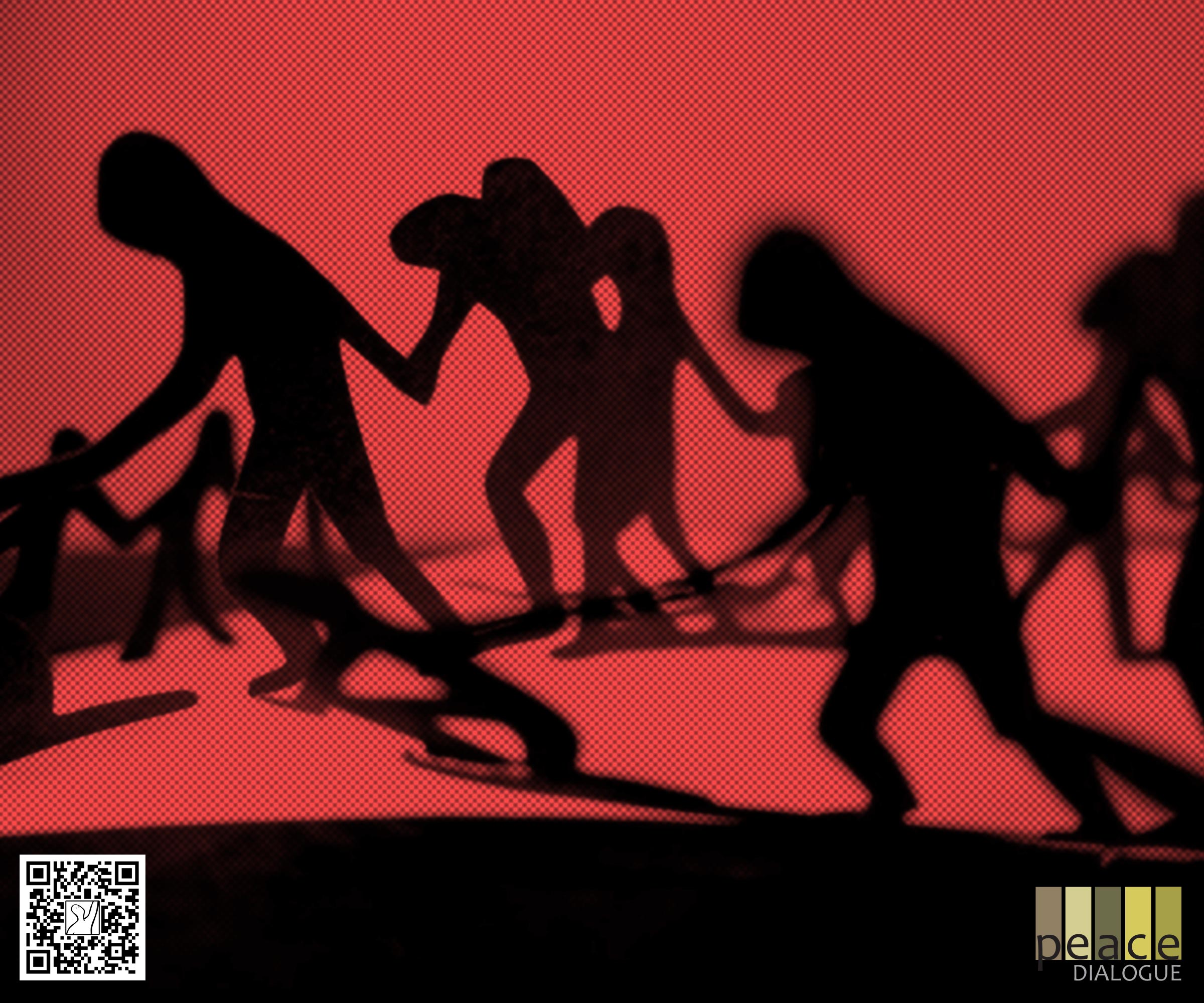
© 2021. ILLUSTRATION BY PEACE DIALOGUE
Over a six-week war breaking out on 27 September, 2020, a humanitarian disaster unfolded in and around the Nagorno-Karabakh. With the cessation of large scale-hostilities brought about by the Russian-brokered ceasefire declaration on 10 November, Armenian and Azerbaijani societies are now emerging to face a totally new physical, social and political geography after 44 days of armed conflict.
Credible reports on violations of international human rights law (IHRL) and international humanitarian law (IHL), amounting to war crimes, have been gathered by a range of international and local observers. These include executions of prisoners of war and of civilians, frequent failures to distinguish civilians from combatants, destruction of civilian infrastructure, schools, hospitals, historical and religious memorials, and so on.
Documentation by local civil society actors of materials recorded by eye-witnesses during the military actions also has a crucial contribution to make to the knowledge base on what occurred. A huge volume of mobile phone footage, photos, and audio recordings captured by citizens during the war now exists on social media platforms and are at risk of being lost or invalidated if not carefully documented. It is crucial to ensure that these materials are safely stored for posterity and future use by both societies in understanding what happened, where appropriate investigating individual cases of potential violations of IHL and IHRL, the identification and tracking of missing persons’ cases, and eventually, when the time is appropriate, for reckoning with the past.
In the scope of the project NAGORNO-KARABAKH: DOCUMENTING THE HUMAN COST OF WAR, Peace Dialogue NGO is implementing a collation of materials shedding light on the events of the war. The collation work is based on the methodology developed through the coordination of the Conciliation Resources NGO with the involvement of specialists from swisspeace. The pilot phase of the project, lasting from 1 January till 30 June 2021, addresses the basic information deficit about the conduct and impact of the hostilities from 27 September – 9 November 2020, including violations of IHL and IHRL that have been widely shared by citizens on social media (primarily videos on different social media platforms including but not limited to Facebook, Twitter, Telegram, and YouTube) or shared directly with the project involved partners.



